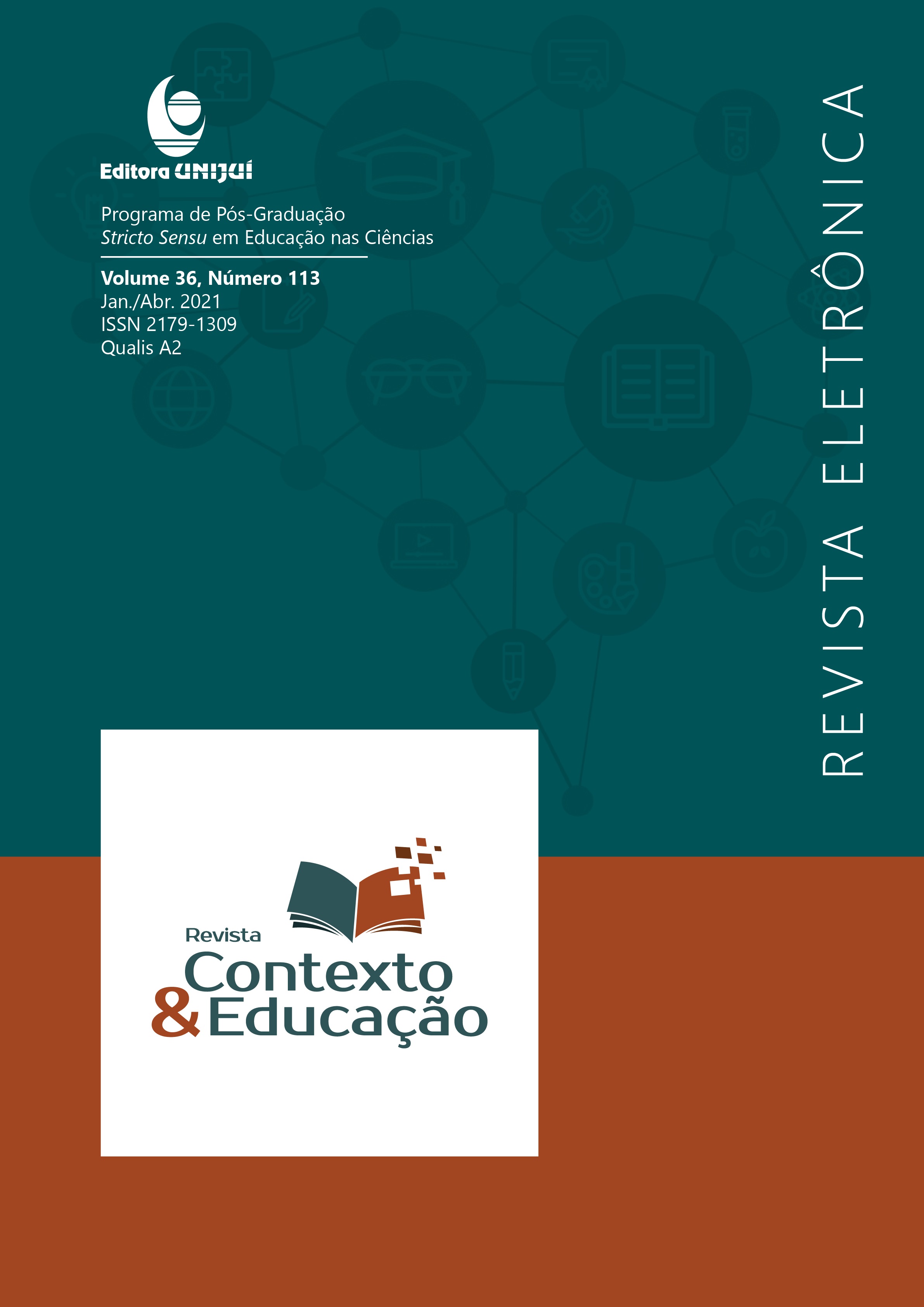ALGUMAS CONSIDERAÇÕES SOBRE A FUNÇÃO DA CONSCIÊNCIA A PARTIR DAS PROPAGANDAS DA REFORMA DO ENSINO MÉDIO
DOI:
https://doi.org/10.21527/2179-1309.2021.113.206-220Keywords:
Reforma do Ensino Médio, Consciência, Propaganda, TelevisãoAbstract
This article intends to bring some considerations about the function of the conscience from the advertisements propagated about the Reformation of the Secondary School. The two selected advertisements were transmitted during the period covered by Provisional Measure 746/2016. A troubled context during protests against the reform. In order to collaborate in this discussion, Vygotsky (1990, 1990a) discusses consciousness as a mechanism that mobilizes historical, social and duplicate experiences. From this process reflexive is that it arrives at the conditioned reflex and not only as a product of a stimulus. Raymond Williams (2016) with the discussion of television in its dual function: both as a technological apparatus and as a cultural form. It assists in the understanding of television within a space of disputes and not in a simple relation of cause and effect. The fact that young people reflect on the information conveyed and place them in a chain of reflexes and knowledge, the conscience acquires a primordial role in the formation of the human being. Activates the memory, the attention, the perception of the social surroundings for the formulation of concepts. And it does so from the historical reality, social and individual, therefore the unpredictability of human behavior.
Downloads
Published
How to Cite
Issue
Section
License
By publishing in Revista Contexto & Educação, authors agree to the following terms:
All works are published under the Creative Commons Attribution 4.0 International License (CC BY 4.0), which allows:
Sharing — to copy and redistribute the material in any medium or format;
Adaptation — to remix, transform, and build upon the material for any purpose, even commercially.
These permissions are irrevocable, provided that the following terms are respected:
Attribution — authors must be properly credited, a link to the license must be provided, and any changes made must be indicated.
No additional restrictions — no legal or technological measures may be applied that legally restrict others from doing anything the license permits.
Notices:
The license does not apply to elements that are in the public domain or covered by legal exceptions.
The license does not grant all necessary rights for specific uses (e.g., image rights, privacy, or moral rights).
The journal is not responsible for the opinions expressed in the articles, which are the sole responsibility of the authors. The Editor, with the support of the Editorial Board, reserves the right to suggest or request modifications when necessary.
Only original scientific articles presenting research results of interest that have not been previously published or simultaneously submitted to another journal with the same purpose will be accepted.
Mentions of trademarks or specific products are intended solely for identification purposes and do not imply any promotional relationship by the authors or the journal.
License Agreement (for articles published from October 2025): Authors retain the copyright to their article and grant Revista Contexto & Educação the right of first publication.


